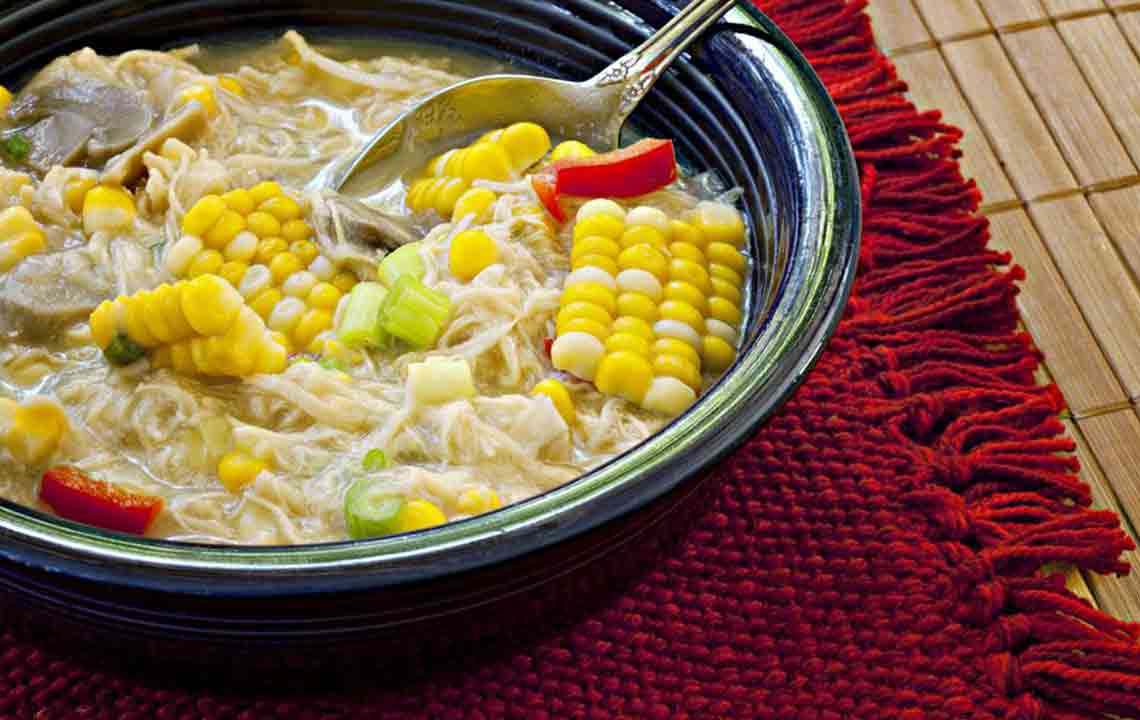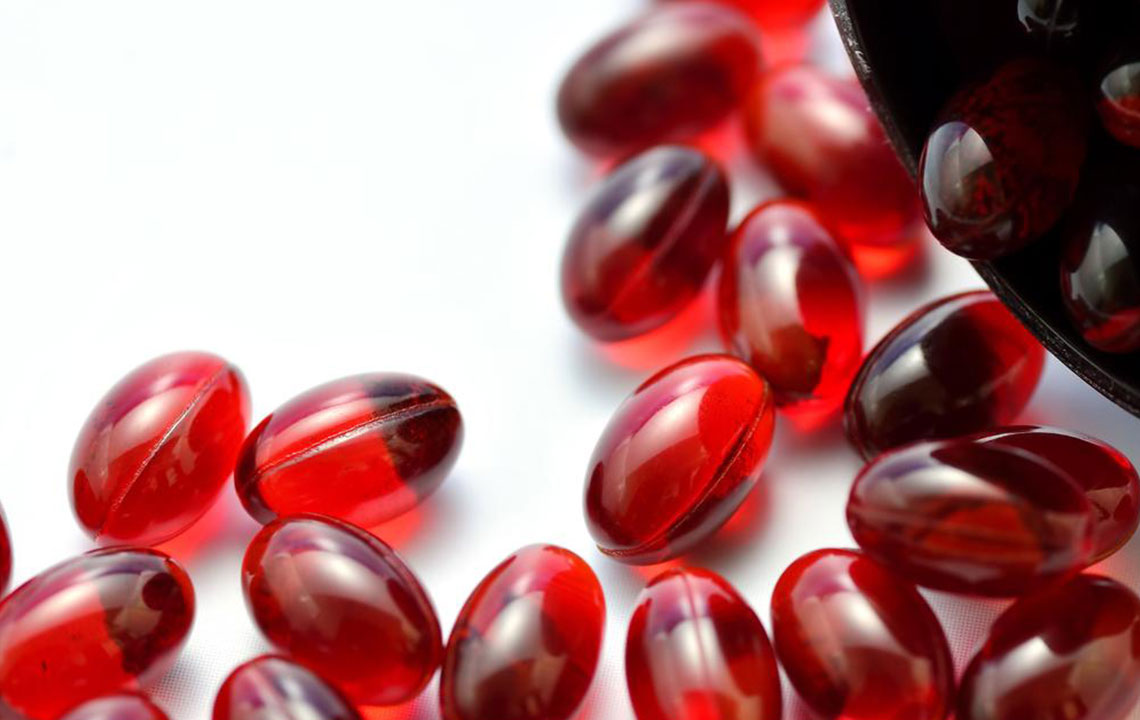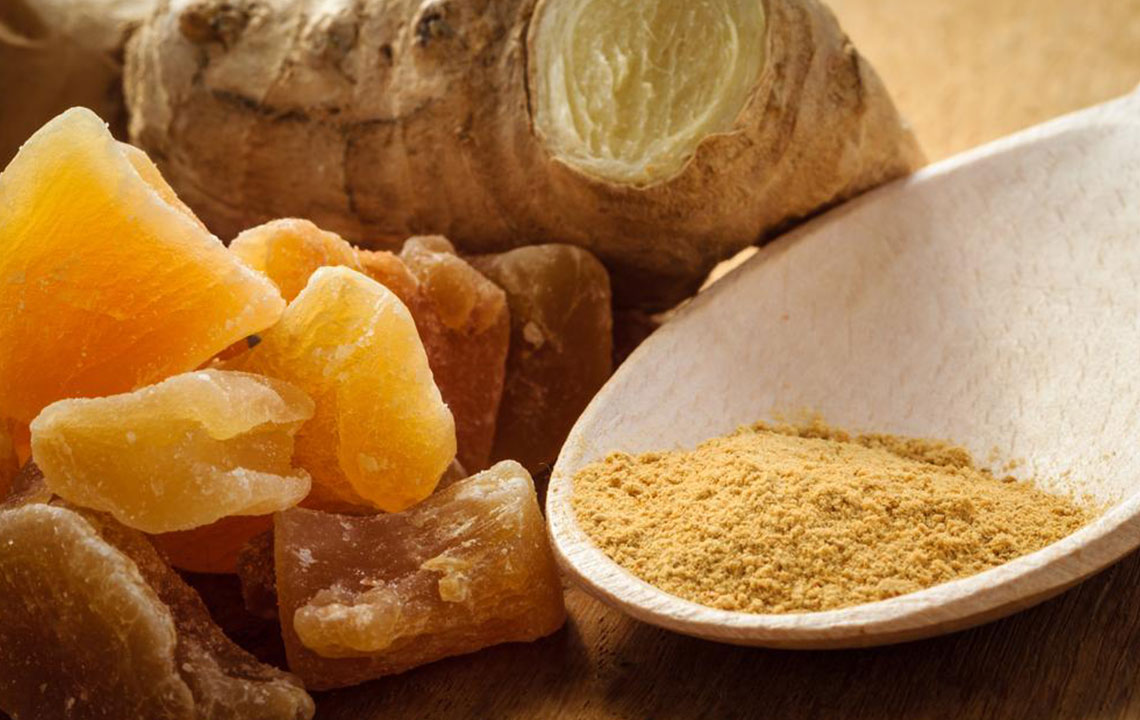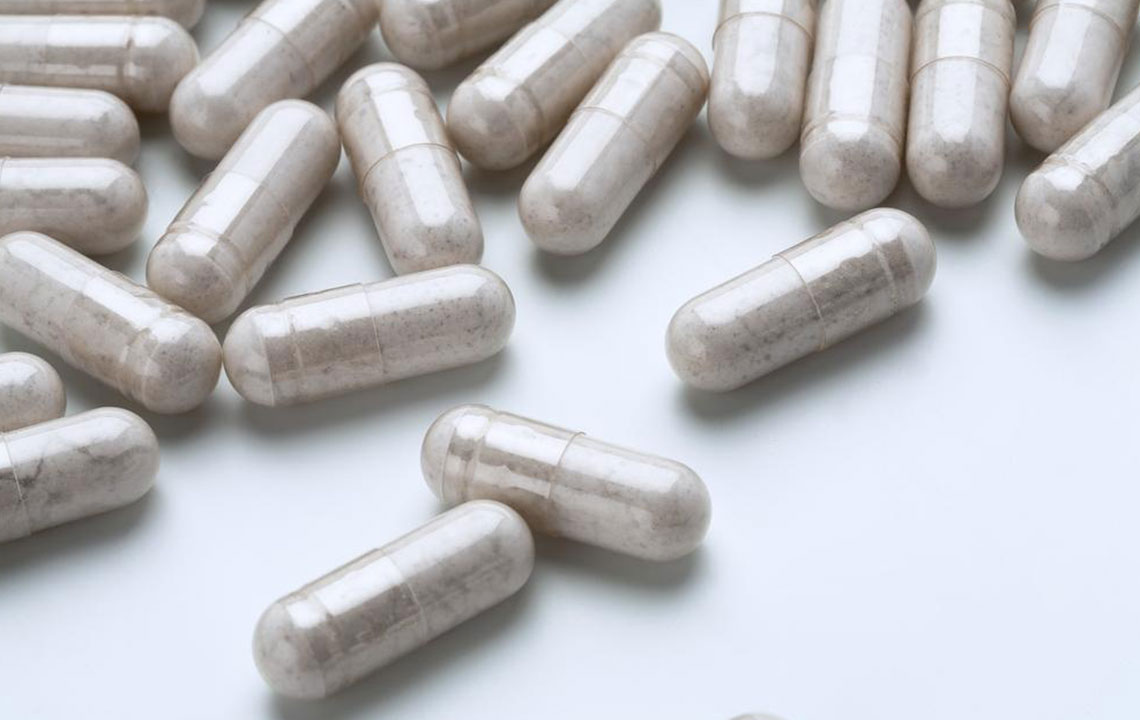Effective Nutritional Strategies to Manage Crohn’s Disease Naturally
Explore comprehensive nutritional strategies for managing Crohn’s disease effectively. This guide emphasizes the importance of probiotics, gut health, and personalized dietary recommendations. Find out which foods can help reduce inflammation, support digestion, and potentially extend remission periods. Learn safe practices for integrating probiotics into your diet, including suitable foods and those to avoid during flare-ups. Designed for individuals with Crohn’s, this detailed article offers practical insights to improve quality of life through nutrition.
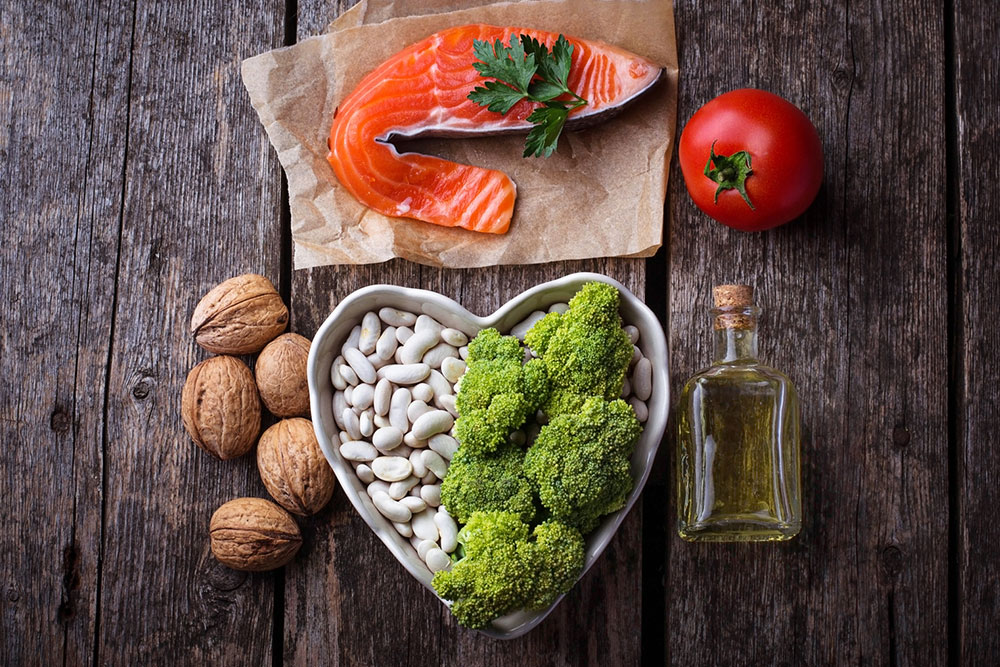
Comprehensive Dietary Approaches for Individuals Affected by Crohn’s Disease
Maintaining gut health is crucial for individuals living with Crohn’s disease, a chronic inflammatory condition of the gastrointestinal (GI) tract. One of the most effective ways to support gut health is through dietary choices that foster a balanced microbiome. The role of beneficial bacteria—known as probiotics—is increasingly recognized for their importance in promoting digestion, reducing inflammation, and supporting immune function. As Crohn’s disease involves immune system dysfunction that damages the gut's natural flora, restoring this balance becomes a cornerstone of dietary management.
Probiotics are live microorganisms that confer health benefits when consumed in adequate amounts. They are often called "good bacteria" because of their role in maintaining and restoring healthy gut flora. Incorporating probiotic-rich foods into your daily diet can play a significant role in managing Crohn’s symptoms, especially since conventional treatments often focus on inflammation control and symptom relief rather than a cure. While Crohn’s disease has no definitive cure yet, proper dietary strategies, including the intake of probiotics, can help reduce flare-ups, improve quality of life, and potentially extend periods of remission.
The Critical Role of Gut Bacteria in Digestive Health
Our digestive system relies heavily on a diverse community of microorganisms collectively called the gut microbiota. This microbiota plays a vital role in absorbing nutrients, defending against harmful pathogens, and supporting immune responses. Maintaining a healthy microbial balance is essential for overall health. Disruptions caused by conditions like Crohn’s disease or the use of antibiotics can disturb this delicate ecosystem, leading to increased inflammation, malabsorption, and digestive discomfort. Restoring this balance through external sources of probiotics has become a promising strategy for improving gut health.
Harnessing Probiotics for Crohn’s Disease Symptom Management
Patients with Crohn’s frequently experience fluctuating symptoms such as abdominal pain, diarrhea, fatigue, and malnutrition during flare-ups. Though a definitive cure remains elusive, lifestyle modifications and dietary adjustments—particularly the inclusion of probiotics—offer a natural means to alleviate symptoms and improve gut function. Probiotics help replenish beneficial bacteria, suppress pathogenic strains, and reduce inflammation in the intestinal lining. They support the body’s natural defenses and may promote remission phases, reducing the frequency and severity of flare-ups over time.
Evaluating the Effectiveness of Probiotics in Crohn’s Treatment
Current research suggests that probiotics can assist in rebuilding a healthy gut microbiome disrupted by Crohn’s. They mainly work by introducing beneficial microorganisms directly into the GI tract, helping to restore microbial diversity and reduce intestinal inflammation. However, it’s important to recognize that studies on their efficacy are ongoing, and responses to probiotics vary among individuals. Nonetheless, many healthcare providers recommend probiotic-rich foods as part of a balanced diet to improve digestion and reinforce immune defenses.
Recommended Foods and Dietary Tips for Crohn’s Disease Patients
Since Crohn’s manifests uniquely in each person, there is no one-size-fits-all diet. Identifying easily digestible, well-tolerated foods is key. Here are some dietary options that can support management of symptoms:
Almond Milk - Lactose-free and rich in calcium, suitable as a dairy alternative.
Eggs - A complete protein source that is gentle on the stomach.
Oatmeal - Contains soluble fiber which aids in water absorption and smooths digestion.
Pureed Vegetable Soups - Nutrient-dense, easy to digest, especially during flare-ups.
Lean Seafood - Steamed or grilled fish provides high-quality protein with minimal fat content.
Gentle Fruits - Banana, papaya, and mango are nutritious, easy-to-digest options that support digestion.
Mashed Potatoes - Soft, comforting, and gentle on inflamed intestines.
Avocado - Nutrient-rich and easier to tolerate than fibrous foods, offering healthy fats.
Foods to Limit or Avoid During Crohn’s Flare-Ups
Alcoholic beverages such as beer and wine, which can irritate the GI lining.
High-fat foods including fried items, butter, and margarine that increase inflammation.
Caffeinated drinks and chocolate, which may aggravate symptoms.
Foods that cause gas, bloating, or cramping—such as beans and certain cruciferous vegetables.
Spicy dishes that can exacerbate inflammation and discomfort.
Red meats, which are harder to digest and may worsen symptoms during flare-ups.
While integrating probiotics into your diet can support overall health and potentially help in managing Crohn’s symptoms, it is essential to consult with your healthcare provider before making significant dietary changes or starting probiotic supplementation. Especially if you have underlying health conditions or food sensitivities, professional guidance ensures safe and effective use of probiotics as part of your Crohn’s disease management plan.
